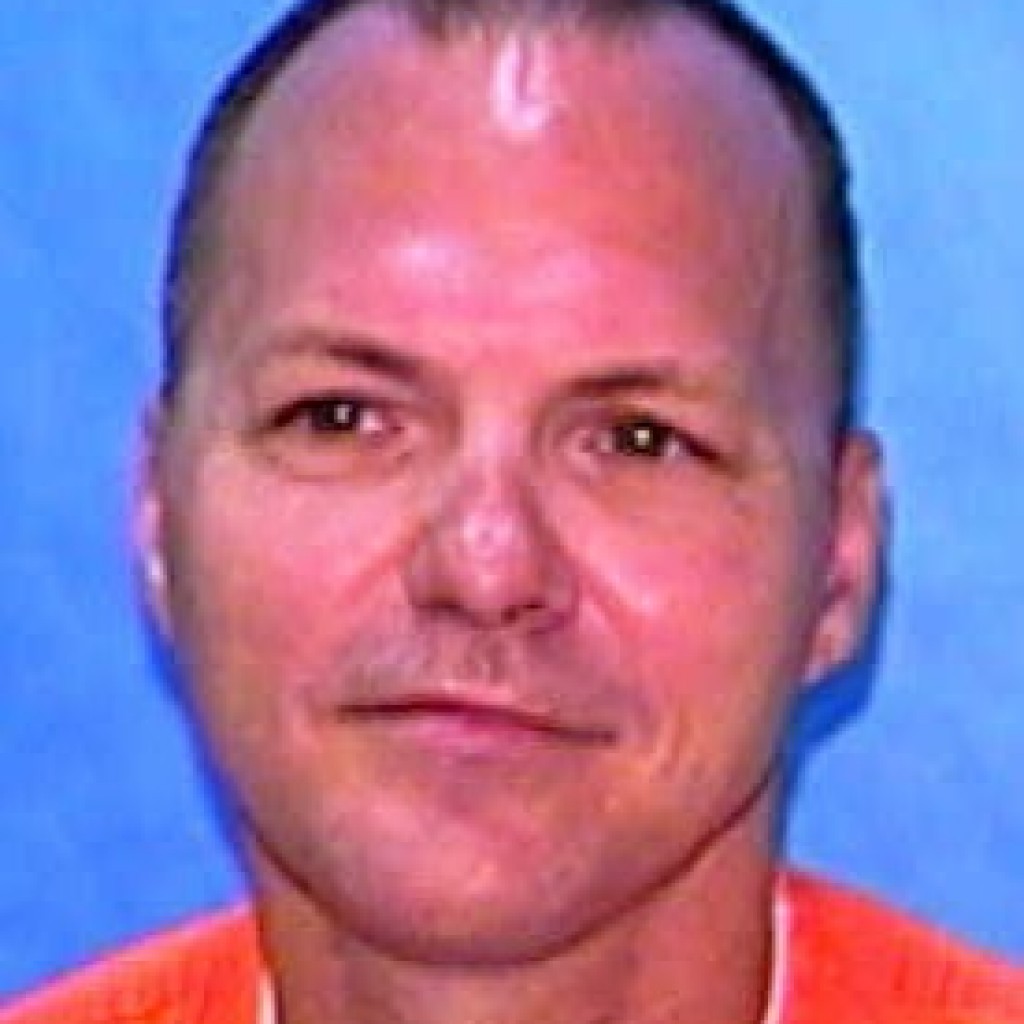
In the early morning hours of July 18, 1987, a parolee, Mark Asay, gunned down two Jacksonville men on the streets of downtown.
On Friday, after a tortuous process involving many appeals, Gov. Rick Scott issued a death warrant to serve Asay his final justice on March 17.
The details of Asay’s murders are lurid, senseless, and revealing of the underbelly of life in Jacksonville in the 1980s.
Asay, his brother, and another man were downtown looking for prostitutes on July 18, an activity that rarely has a positive outcome.
In this case, says Murderpedia, Asay saw his brother talking to African-American Robert Lee Booker. Asay became confrontational immediately, a confrontation that culminated in Asay shooting Booker in the stomach.
Booker would die sometime thereafter, courtesy of a severed artery and a hole in his intestines.
Asay justified his shooting by saying that “you got to show a [n—–] who is boss.”
From there, the trio continued their search for female companionship, which they thought they found in someone of their acquaintance named “Renee.”
Unbeknownst to them, “Renee” was a transvestite, whose birth name was Robert McDowell.
From there, the Murderpedia account reports:
The men negotiated a deal for oral sex and planned for McQuinn and McDowell to go into the alley while Asay remained on the lookout. When McDowell refused to get into the truck with McQuinn, Asay grabbed him by the arm and began shooting into his chest. McDowell was shot six times in all, and investigators reported that three of the shots could have proved fatal.
As Asay and McQuinn were driving away, Asay said McDowell had cheated him out of ten dollars on a drug deal once, and he always swore that he would get even. Apparently Asay bragged to a friend that when negotiating the deal for oral sex, Asay planned to abduct, sexually assault, and then kill McDowell. When McDowell refused to get into the truck, Asay was killed him in the street.
Asay’s case got national attention in The Washington Post in 2014, as one of two cases where his attorney, Mary Bonner, had not filed his habeus petition on time.
“I had days left to file. And I wanted Ms. Bonner to file,” Asay would later testify.
“The terms ‘bad faith’ or ‘dishonesty’ capture Ms. Bonner’s conduct,” claimed Federal Judge Timothy Corrigan of her work for Asay.
The trial jury in 1988 voted nine to three for the death penalty on both counts of first -degree murder.



